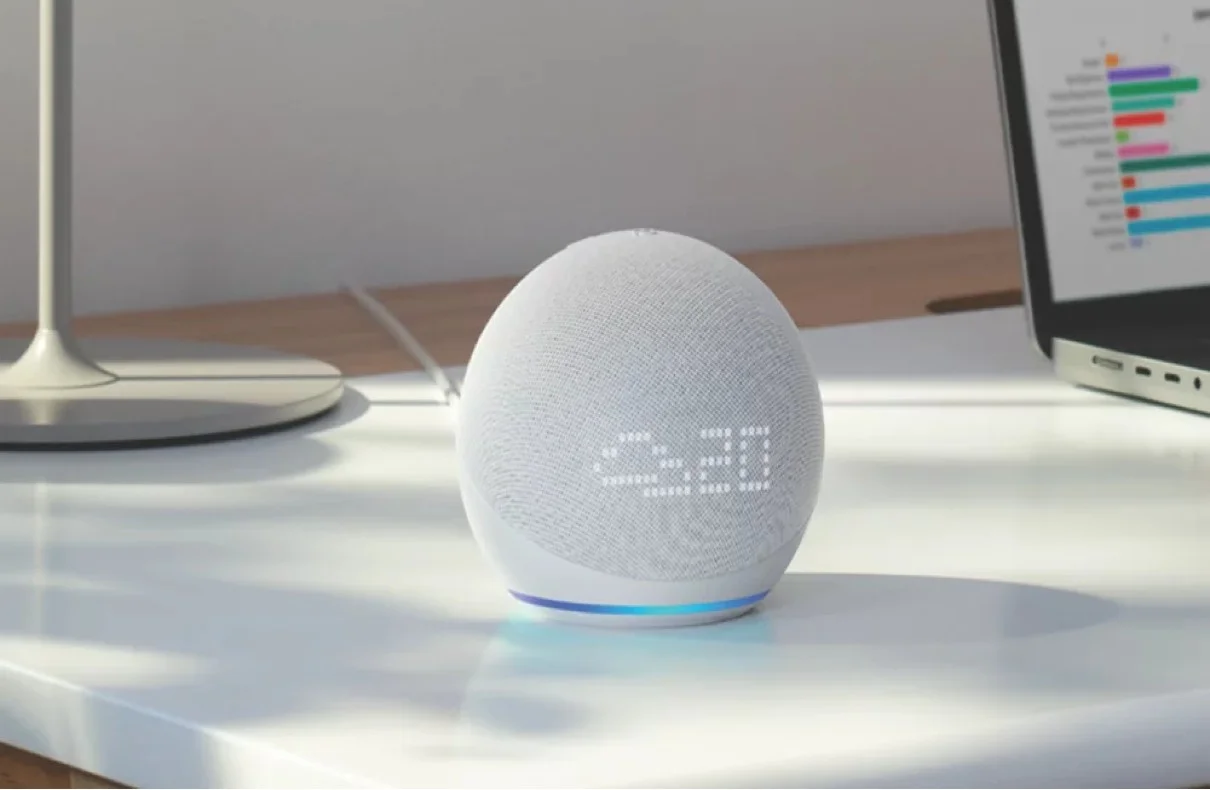
The world of voice assistants is about to undergo a revolutionary transformation with the introduction of Alexa Plus, Amazon’s upgraded version of its popular voice assistant, Alexa. This new iteration of Alexa is set to leverage the power of generative AI to provide users with a more natural and conversational experience. However, unlike its predecessor, Alexa Plus will come with a catch – a monthly subscription fee.
Since their inception, voice assistants like Alexa have struggled to generate substantial revenue. Users primarily utilize these assistants for basic queries and commands, such as checking the weather or playing music, limiting their ability to drive transactional activities. Recognizing the need for a revenue boost, Amazon has set its sights on transforming Alexa into a money-making machine by incorporating generative AI capabilities.
Alexa Plus, also known as “Remarkable Alexa,” is Amazon’s answer to the growing demand for more advanced AI-driven voice assistants. This subscription-based version of Alexa aims to provide users with a more natural and intuitive conversational experience. Unlike its predecessor, Alexa Plus will be built on a large language model, similar to Microsoft Copilot and Google Bard, enabling it to reason and communicate better than ever before.
Amazon has been conducting extensive testing of Remarkable Alexa, with approximately 15,000 customers participating in the trial. Initial feedback suggests that the new version of Alexa excels in carrying out conversations but falls short when it comes to providing accurate and concise responses. Users have reported receiving unnecessarily long or inaccurate answers, indicating room for improvement in the technology.
Google Pixel Fold 2 Leaks: Get Ready for a Wild New Rear Camera and Taller Display
While the introduction of Alexa Plus brings exciting possibilities, it also raises concerns among Amazon employees and potential subscribers. Many wonder whether users will be willing to pay a monthly fee for a service they have previously enjoyed for free. The existing array of Amazon subscription products, such as Prime, Kids+, and Kindle Unlimited, further complicates the matter, as customers may be reluctant to add yet another monthly expense to their bills.
Developing a subscription-based voice assistant like Alexa Plus poses significant challenges for Amazon. The company needs to address technical complexities and overcome internal disagreements between the team responsible for the original Alexa and the team assigned to develop Alexa Plus. The integration of existing technology with the new generative AI model has resulted in a bloated technology stack, leading to undesirable outcomes.
One of the primary reasons for introducing a subscription model for Alexa Plus is the high cost associated with running generative AI models at scale. Generative AI, particularly large language models, requires substantial compute resources, making it an expensive endeavor for companies like Amazon. Microsoft and Google have already ventured into paid versions of their AI technologies, highlighting the need to cover the cost of these advanced AI capabilities.
To overcome the challenges posed by the legacy technology used in the original Alexa, Amazon is creating an entirely new technological stack for Alexa Plus. This more centralized structure aims to streamline the integration of third-party services and enhance the overall performance of the voice assistant. However, the transition to a new technology stack may result in delays in the release of Alexa Plus.
Amazon’s move to introduce Alexa Plus is a response to the growing competition in the AI market. Companies like Google, Apple, and Microsoft have invested heavily in developing their own smart assistants, creating a need for Amazon to catch up and stay relevant. By incorporating generative AI into Alexa, Amazon aims to position itself as a leader in the next generation of AI-powered voice assistants.
Despite the challenges and uncertainties surrounding Alexa Plus, it is clear that the future of voice assistants lies in AI-driven technologies. Apple is expected to launch its own Siri GPT at WWDC, while Google is enhancing its Assistant with Bard. These developments indicate a shift towards premium voice assistants that can provide more advanced and personalized experiences.
